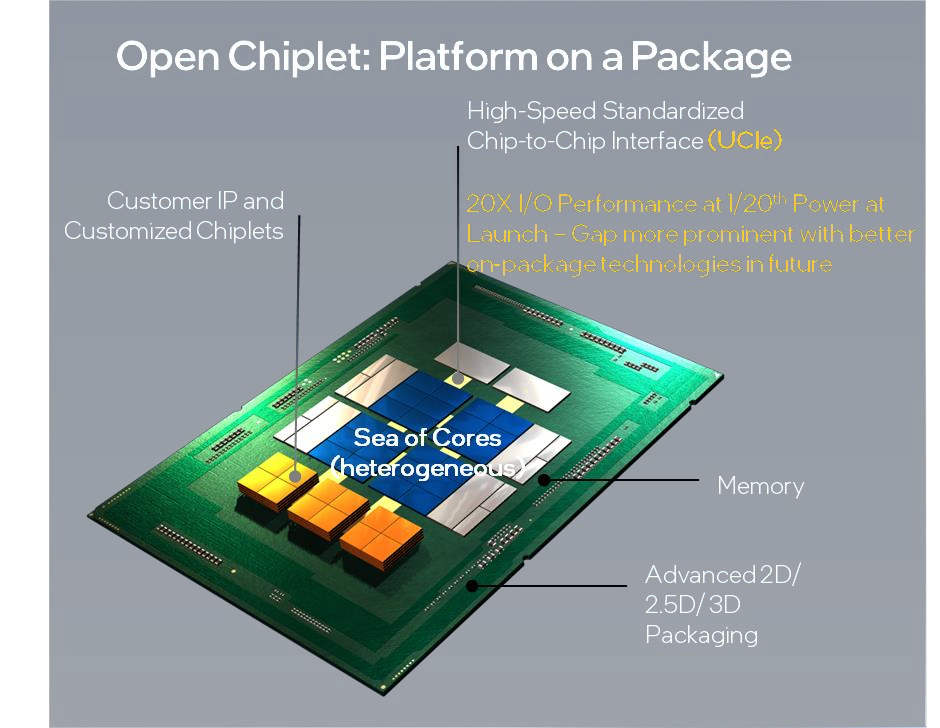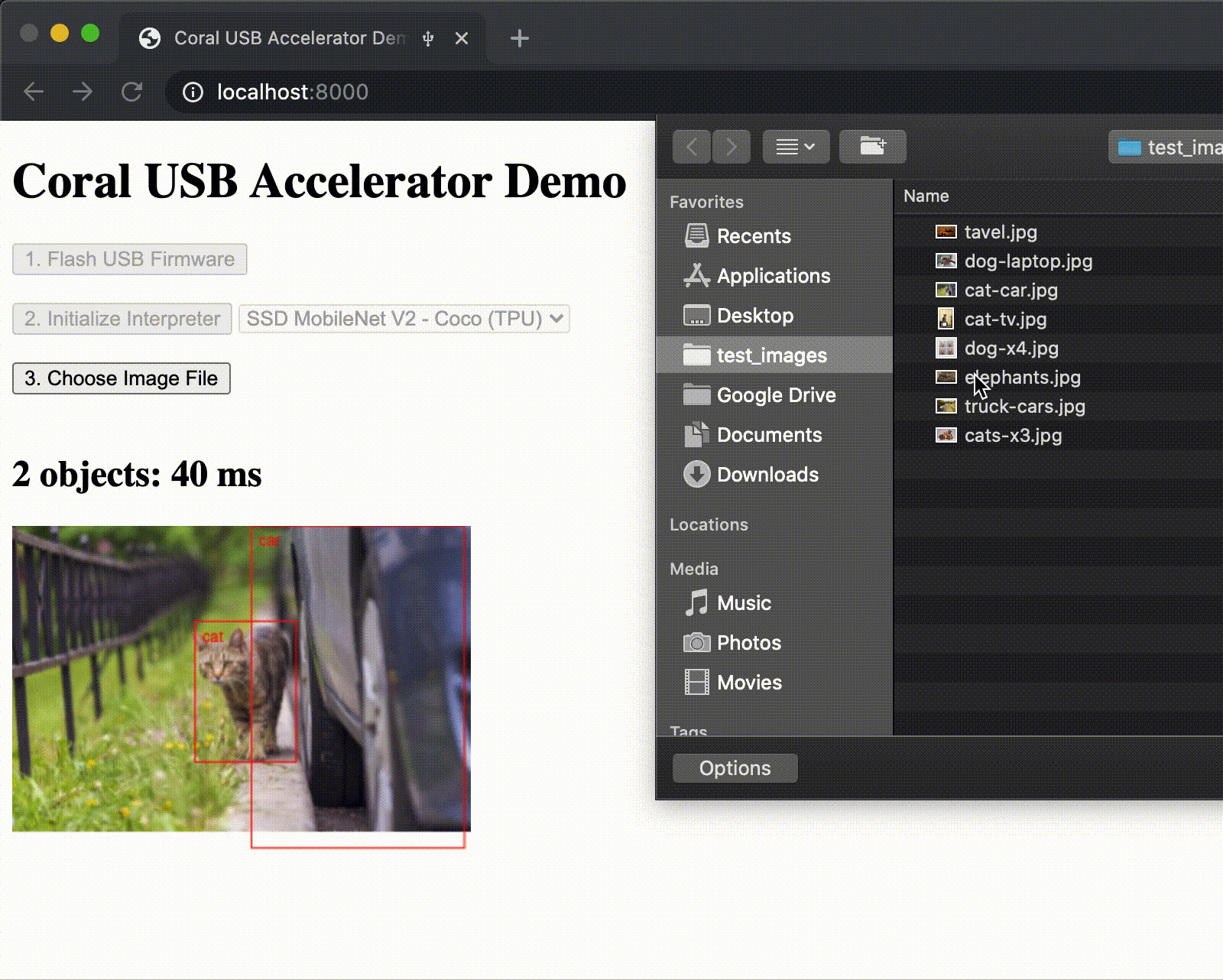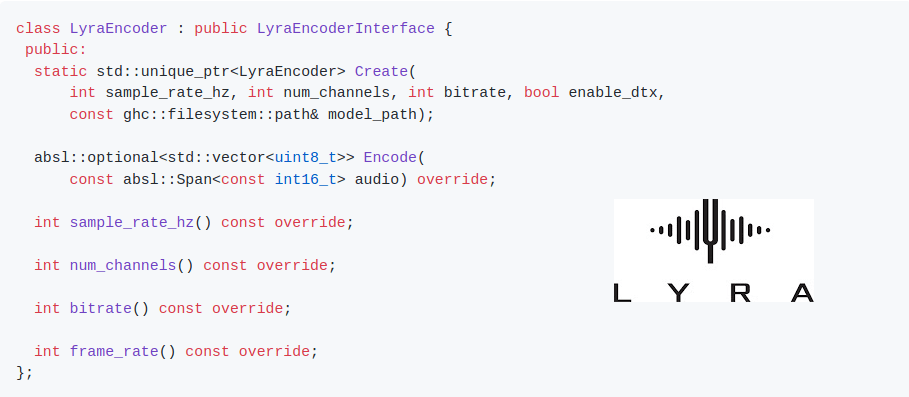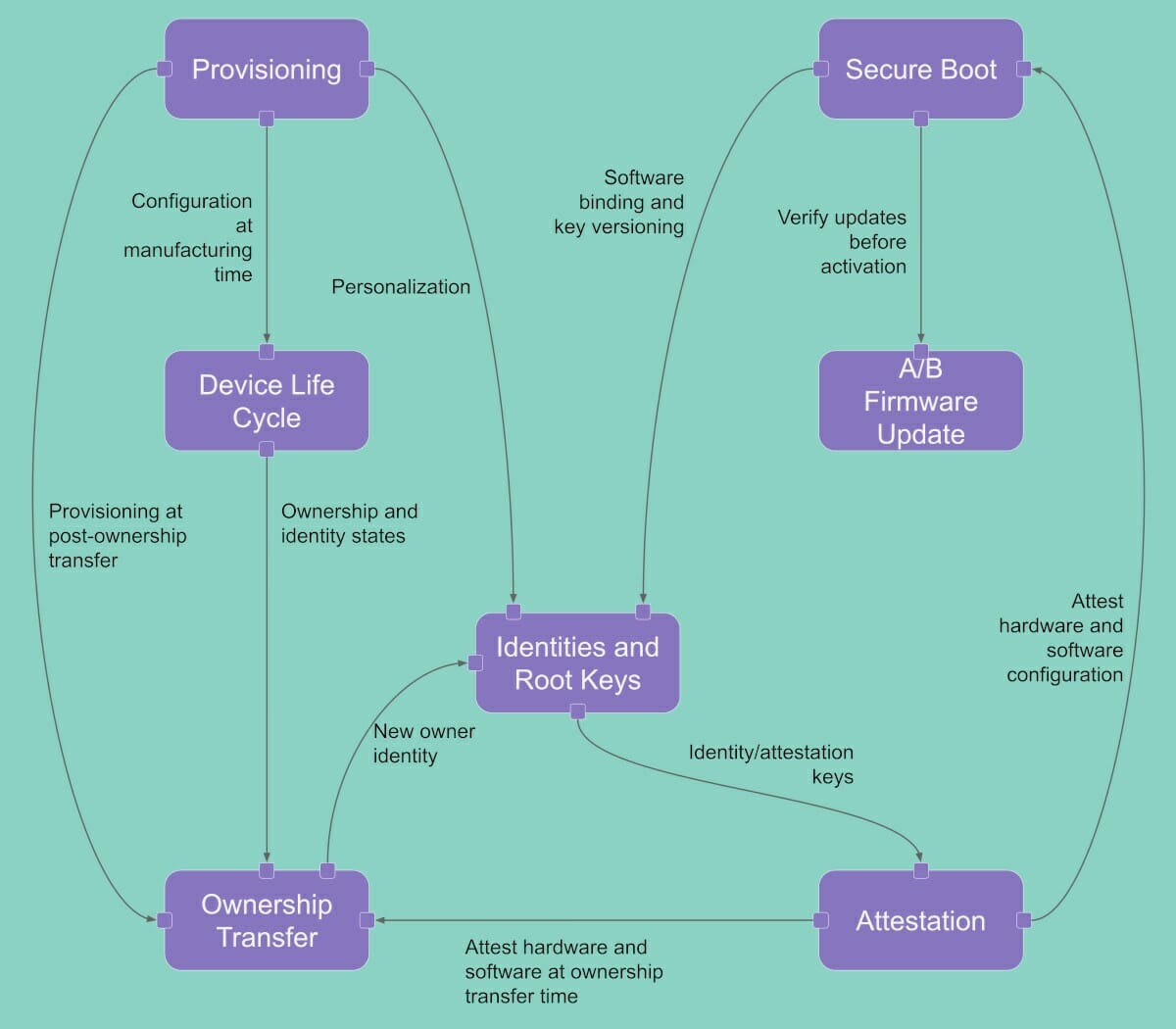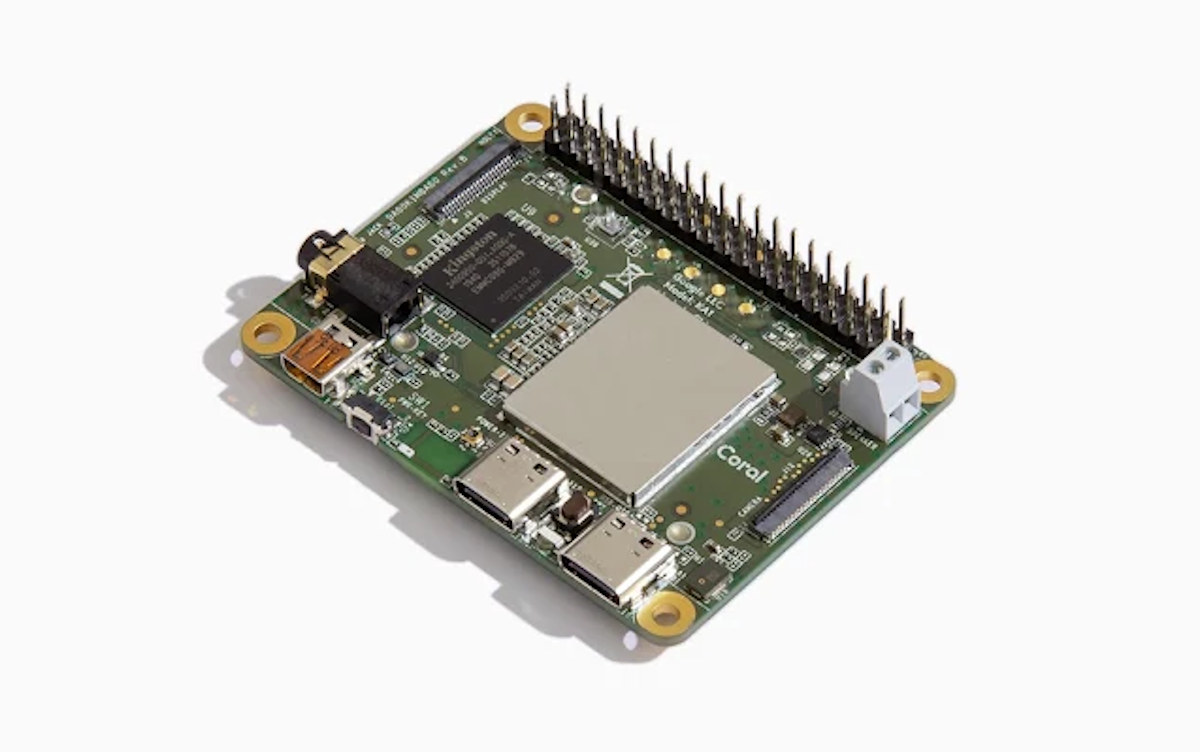We first heard about Chiplet, chips that gather IP or chips from different vendors into a single chip, in 2020 with the now-defunct zGlue’s Open Chiplet Initiative, but the term recently came back to the forefront last month with Intel’s investment into the “Open Chiplet Platform” that aims to offer a modular approach to chip design through chiplets with each block/chiplet customized for a particular function. It turns out there’s now an official standard called the Universal Chiplet Interconnect Express (UCIe) whose specification defines the interconnect between chiplets within a package, and not only backed by Intel, but also AMD, Arm, ASE, Google Cloud, Meta, Microsoft, Qualcomm, Samsung, and TSMC. UCIe defines the Physical Layer (Die-to-Die I/O) and protocols to be used for the chiplet interfaces, currently PCIe and CXL (Compute Express Link), but more protocols will be added to the specification in the future. The goal is to provide […]
Android 13 virtualization lets Pixel 6 run Windows 11, Linux distributions
The first Android 13 developer preview may have felt a bit underwhelming, but there’s a hidden gem with full virtualization possible on hardware such as the Google Pixel 6 smartphone. What that means is that it is now possible to run virtually any operating system including Windows 11, Linux distributions such as Ubuntu or Arch Linux Arm on the Google Tensor-powered phone, and do so at near-native speed. Android & web developer “kdrag0n” tested several Linux distributions compiled for Aarch64 on the Pixel 6 with Ubuntu 21.10, Arch Linux Arm, Void Linux, and Alpine Linux using “the KVM hypervisor on Pixel 6 + Android 13 DP1”. He/she further explains: As far as I can tell, we can pretty much get full EL2 on production devices now. Protected KVM is optional and can be enabled on a per-VM basis, but for non-protected VMs, it looks like full KVM functionality is available. […]
Coral Dev board news – NXP critical firmware update, manufacturing demo, and WebCoral in Chrome
Google Coral is a family of development boards, modules, M.2/mPCIe cards, and USB sticks with support with local AI, aka on-device or offline AI, based on Google Edge TPU. The company has just published some updates with one important firmware update, a manufacturing demo for worker safety & visual inspection, and the ability to use the Coral USB accelerator in Chrome. Coral firmware update prevents board’s excessive wear and tear If you own the original Coral development board or system-on-module based on NXP i.MX 8M processor, you may want to update your Mendel Linux installation with:
|
1 2 |
sudo apt update sudo apt dist-upgrade |
The update includes a patch from NXP with a critical fix to part of the SoC power configuration. Without this patch, the SoC might overstress and the lifetime of your board could be reduced. Note this only affects NXP-based boards, so other Coral products such as Coral Dev Mini powered by Mediatek MT8167S […]
Google releases the source code for Lyra low bitrate speech codec
Google showcased Lyra audio codec for high-quality voice calls at a low 3 kbps bitrate last February. But at the time, it was only for our eyes to see, or rather our ears to listen to, as the company did not release any software, but only audio samples with excellent quality compared to Speex @ 3 kbps or Opus @ 6 kbps. Google has now released the Lyra source code, written in C++ for optimal speed, efficiency, and interoperability and relying on both the Bazel build framework and the GoogleTest framework. The beta release provides the tools and APIs needed for Lyra encoding and decoding, and is currently optimized for the 64-bit Arm Android platform, but can also be run in Linux x86 64-bit. There is also an example app – lyra_android_example – that integrates with the Android NDK and offers a minimal GUI with two buttons to either record […]
Android 12 developer preview released – What’s New?
Google releases a new version of Android every year, and the company is now usually releasing a developer preview in February to allow feedback and testing from app developers. So here we are with the Android 12 developer preview having just been released by Google with changes ranging from trust and safety to media transcoding to support for AVIF image format. Android 12 highlights: Performance Improved Binder IPC calls – Google engineers have had a look at latency and workload distribution, and made optimizations that reduce the median experience. This has yielded roughly a 2x performance increase on Binder calls overall, and up to a 47x improvement in refContentProvider(), 15x in releaseWakeLock(), and 7.9x in JobScheduler.schedule(). Foreground service optimizations – To ensure a better experience for users, foreground service starts from the background will be blocked for apps that are targeting the new platform. Android 12 will also delay the […]
OpenTitan and Microsoft Pluton – The security chips of the future
Security is becoming more and more important with critical data exposes to the Internet. Traditionally some PCs, laptops, motherboards, or single board computers would be equipped with a TPM (Trusted Platform Module) designed to secure hardware through integrated cryptographic keys. More recently, we’ve started to read more and more about secure elements providing hardware-based security for lower-end platforms. Those are external chips, but companies have also started to providing hardware-security within the processor with solutions such as Arm Trustzone or Intel SGX (Software Guard Extensions). But more recently, Google and Microsoft have made announcements about hardware-security IP with respectively OpenTitan open source project and Microsoft Pluton security chip both meant to be embedded into processors. OpenTitan OpenTitan is described as being “the first open-source project building a transparent, high-quality reference design and integration guidelines for silicon root of trust (RoT) chips”. It is backed by Google, Seagate, Nuvoton, Western Digital, […]
Google’s Fuchsia OS is now open to public contributions, gets a “roadmap”
We were first made aware of Fuchsia OS, an open-source operating system developed by Google, in 2016. At the time, nobody clearly knew what was the goal of the project, although some speculated it could be a Linux replacement. We first wrote about it in 2018, as Fuchsia OS added support for several Amlogic processors hinting that it may be used in TV boxes and media streamers. Google also launched a developer website in 2019 to provide more information and resources to people outside the company interested in trying it out. But while the OS development was always made in the open with the source code publicly available, Google did not accept contributions from the community so far. This has now changed, as the company just announced the expansion of Fuchsia’s open-source model to make it easier for the developer community to contribute to the project. Specifically, Google has set […]
Google Coral Dev Board mini SBC is now available for $100
Google Coral SBC was the first development board with Google Edge TPU. The AI accelerator was combined with an NXP i.MX 8M quad-core Arm Cortex-A53 processor and 1GB RAM to provide an all-in-all AI edge computing platform. It launched for $175, and now still retails for $160 which may not be affordable to students and hobbyists. Google announced a new model called Coral Dev Board Mini last January, and the good news is that the board is now available for pre-order for just under $100 on Seeed Studio with shipping scheduled to start by the end of the month. Coral Dev Board Mini specifications haven’t changed much since the original announcement, but we know a few more details: SoC – MediaTek MT8167S quad-core Arm Cortex-A35 processor @ 1.3 GHz with Imagination PowerVR GE8300 GPU AI/ML accelerator – Google Edge TPU coprocessor with up to 4 TOPS as part of Coral […]


